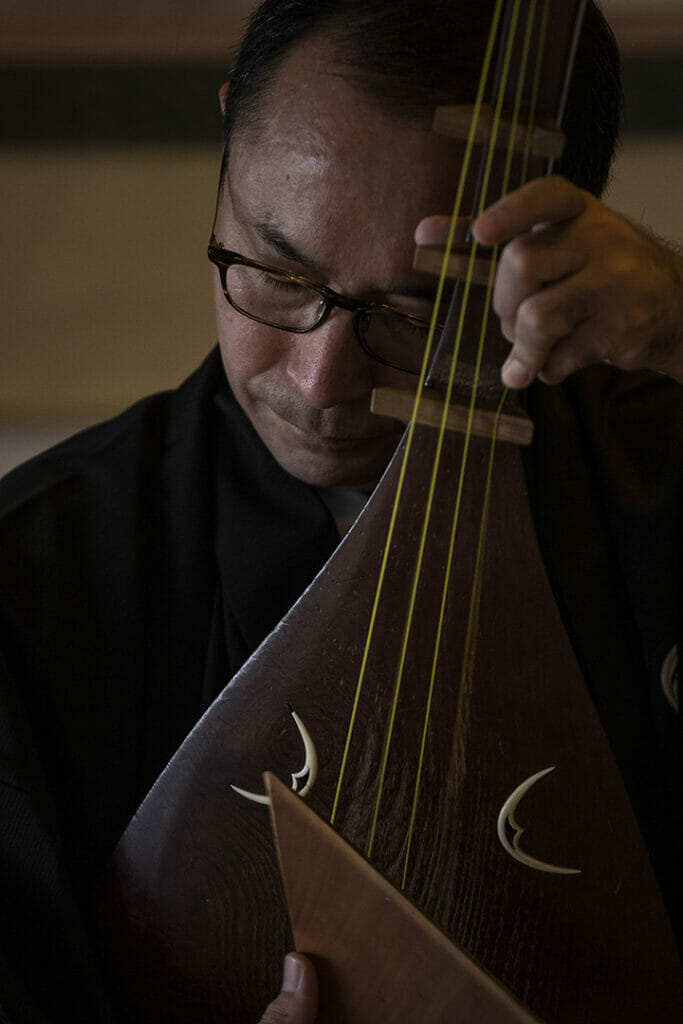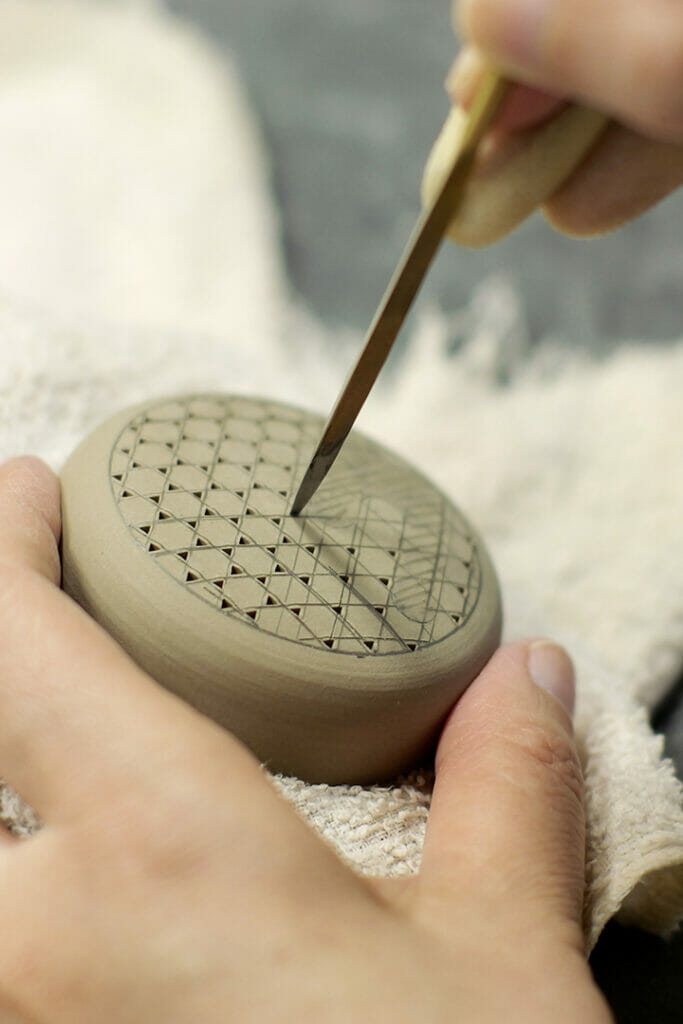CULTURAL ARTS
Embrace the balance and harmony of the cultural pursuits of the samurai
CULTURE OF THE SAMURAI
Perfecting the Human Spirit Through Culture
Samurai of the early Edo period (1603-1867) had lived through bloody conflicts of the Sengoku period (1467-1615) and had to adjust to the new peace under the Tokugawa Shogunate. Alongside the martial arts practice of calligraphy, the tea ceremony, flower arranging, poetry, incense appreciation, noh theatre and many other arts flourished, and to be seen as a cultured gentleman it was necessary to have knowledge of bunbu ryodo, both the sword and the brush.
The cultural and marital arts were two wheels of a cart for the samurai, and it was inconceivable to practice only one without cultivating the other. The symbiotic relationship between the two not only developed individuals of great character and resolve, but also warriors with practical skills that could contribute not only to the defence of, but also the development of society.
The samurai of Kagoshima listened to the songs of the Satsuma Biwa to learn the moral values they should uphold and stories of brave warriors of old.
Incredible Craftsmanship
The Endless Quest for Perfection
The cultural arts cultivated by the samurai needed tools and equipment suitable for the lofty purpose of self-actualization promised to devotees of the various ways. From a humble tea bowl to the very swords the samurai thrust into their belt each morning, the daily life of a warrior was imbued with symbolism and meaning, moulded, engraved, fired, and polished by a cadre of master craftsmen themselves in search of perfection in each of their own disciplines.
Each region of Japan developed its own crafts, often dependent on the raw materials available in each area, as well as the social and political landscape at the time of their creation. As with the creation of the martial and cultural arts, the artisans of Japan took their inspiration from the natural world. Taking the time to carefully observe the world and incorporate the powerful symbolism of Japan’s stunning natural landscape into their work took years of training and devotion to realise.
In Kagoshima, ceramicists produced Satsuma-ware tea bowls for the upper echelons of samurai society.


